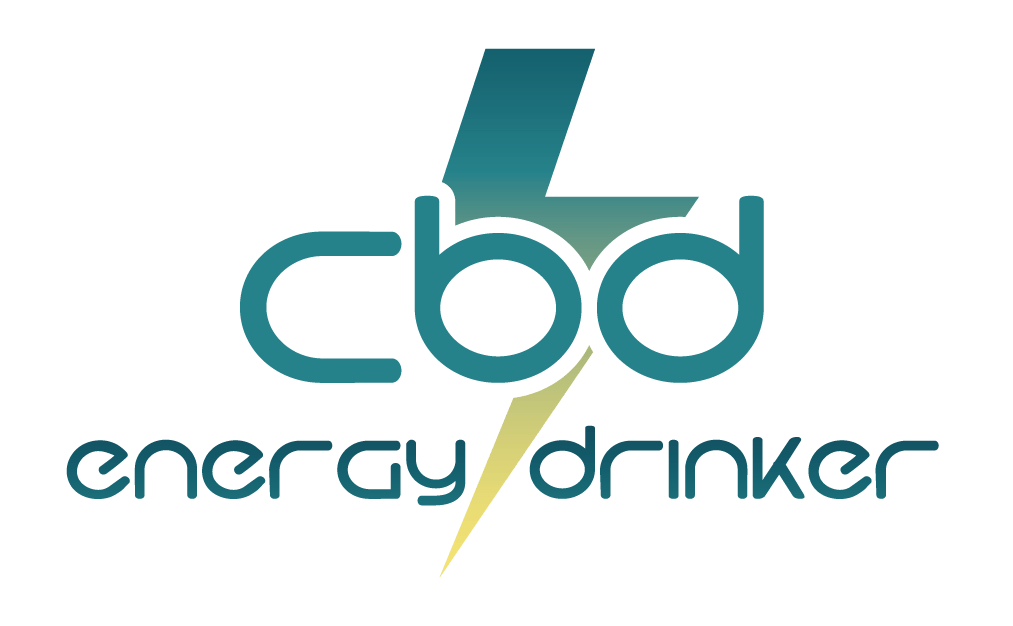The U.S. CBD beverage market continues to expand as consumers look for plant-based energy, calm, and recovery in drinkable form. Yet, for entrepreneurs eager to sell online, understanding the rules on major e-commerce platforms like Amazon and Shopify is crucial. Both giants approach hemp and CBD differently, and the success—or shutdown—of your business can depend on knowing where those lines are drawn.
Amazon: Strict Prohibition in the U.S.
Amazon maintains one of the most restrictive stances toward cannabidiol (CBD). Its U.S. marketplace bans the sale of any product containing CBD, regardless of hemp origin or THC content. Even if your beverage contains less than 0.3% THC, Amazon’s automated systems will flag and remove listings that reference CBD.
What is allowed are hemp-derived products that contain no CBD, such as hemp seed oil or hemp protein, as long as they don’t make medical or therapeutic claims. However, sellers who attempt to list beverages as “hemp extract” or “broad-spectrum hemp” while including CBD run the risk of being permanently banned.
Amazon’s position stems from its alignment with FDA regulations, which still classify CBD as an unapproved food additive when sold for ingestion. This means CBD beverages, gummies, and edibles are considered noncompliant under federal law for mainstream retail sale. Even though some sellers have managed to slip through temporarily, the platform routinely sweeps and suspends accounts that violate its policy.
In contrast, Amazon’s international marketplaces, such as those in the U.K., have started to allow certain CBD products within government guidelines. But for U.S.-based sellers, the rule remains absolute: CBD beverages cannot be sold on Amazon.com.
Shopify: A Conditional Green Light
Shopify takes a far more flexible—and transparent—approach. It permits the sale of hemp-derived CBD products in the United States, but only under a series of clear legal and compliance conditions.
To sell CBD beverages on Shopify, merchants must:
- Operate in a jurisdiction where CBD is legal to sell and ship. Both federal and state laws must be respected.
- Confirm the THC content is no higher than 0.3% on a dry-weight basis.
- Avoid unapproved medical claims, such as “relieves pain” or “reduces anxiety,” which can lead to FDA scrutiny.
- Complete Shopify’s Hemp and Hemp-Derived Products Attestation, which discloses your products’ cannabinoid contents and origin.
- Use a third-party payment provider, since Shopify Payments does not process CBD transactions due to banking and insurance restrictions.
Shopify’s flexibility gives CBD beverage brands the opportunity to build a compliant, direct-to-consumer (D2C) presence. Many sellers integrate high-risk payment gateways like DigiPay, Square’s CBD program, or Authorize.net. The tradeoff is higher processing fees and stricter underwriting.
Navigating the Legal Gray
Even with Shopify’s open-door policy, CBD beverages fall into the most heavily regulated hemp category—ingestibles. These products face oversight from both the U.S. Department of Agriculture (USDA) and the Food and Drug Administration (FDA). Businesses must maintain certificates of analysis (COAs) proving non-detectable THC and ensure all labeling meets federal standards.
If you plan to sell across state lines, use a shipping filter to block delivery to states where CBD in beverages is still restricted, such as Idaho or South Dakota.
The Smart Strategy
In 2025, building your brand directly through Shopify remains the most viable route for CBD beverage companies. While Amazon offers scale, it’s off-limits for ingestible CBD. Shopify allows flexibility, but requires diligence, documentation, and trusted processing partners.
Entrepreneurs who invest in compliance, transparency, and brand education will be best positioned to thrive in a market where legality and innovation are constantly evolving.
